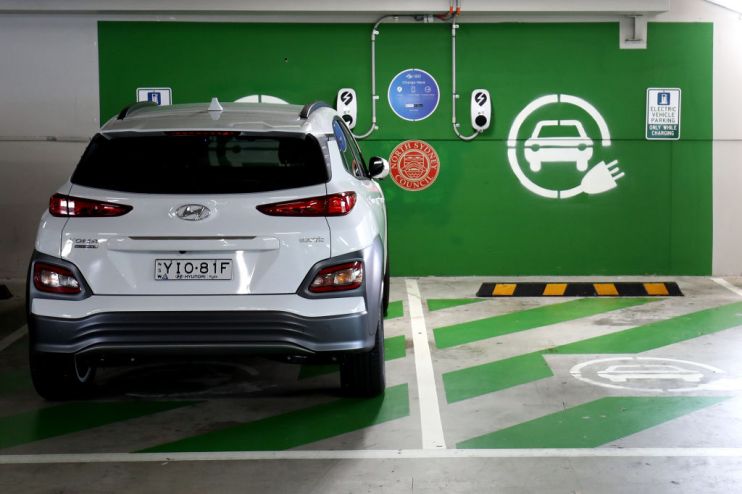Which? calls for EV infrastructure improvement as drivers dissatisfied

Consumer champion Which? has called on the government to urgently improve the UK’s electric vehicle (EV) charging infrastructure.
This includes ensuring that the network is reliable on an average of 99 per cent of the time.
According to a research published today, 74 per cent of EV owners are disappointed with public infrastructure, citing availability and confusing payment options among the main reasons for their dissatisfaction.
Figures show that around half of drivers consider finding a working charging point a challenge, while 43 per cent have faced “technical issues” with charging points.
Almost two thirds of respondents also reported payment problems, with 84 per cent lobbying for contactless payments.
“Our research shows that the public EV charging infrastructure is falling short as many drivers struggle to find reliable charging points in good working order, have to navigate confusing payment systems, or are unable to rely on adequate charging points close to their homes or to get them through a long journey,” said Which?’s head of consumer protection policy Sue Davies.
“The government must move quickly to implement its plans to improve the consumer experience of using the public charging networks by extending reliability standards across the full network and ensuring proposals for payment roaming make paying to charge much simpler.”
Which? is also calling on the government to ensure “payment roaming” and offer customers to pay via bank card or through a single app.
“Charging must be easy, reliable and seamless to support people making the move to an electric car,” Davies added.
According to recent government data the number of public EV chargers went up to 32,929 as of August – a 16 per cent increase on January levels.
Commenting on the research, a spokesperson for the Department for Transport said: ““We have one of the largest charging networks in Europe, and are working to ensure drivers can access charge points across the country which are reliable, consistent and seamless to use.
“Since 2020 we have committed £1.6 billion to improving the charging network and are on track to have 300,000 public charge points by 2030.”